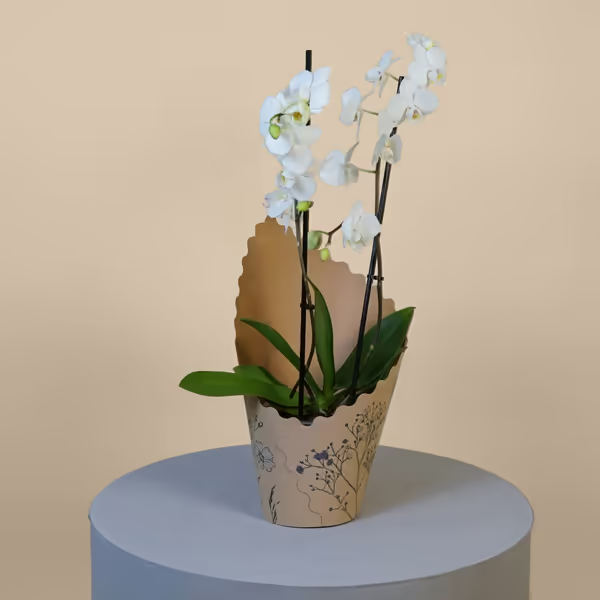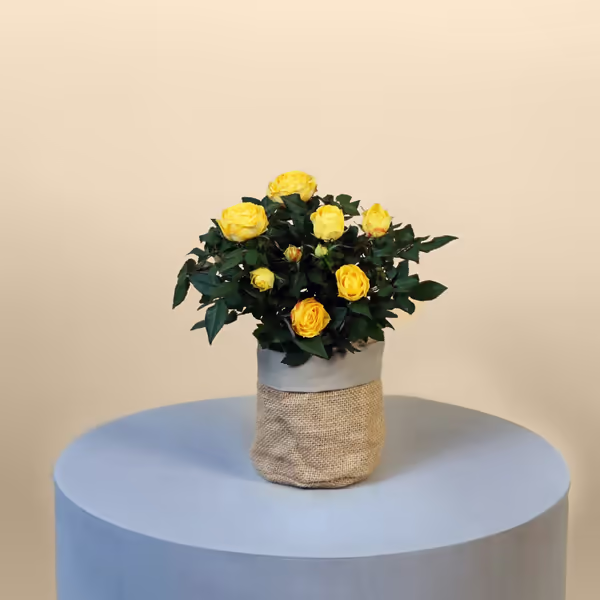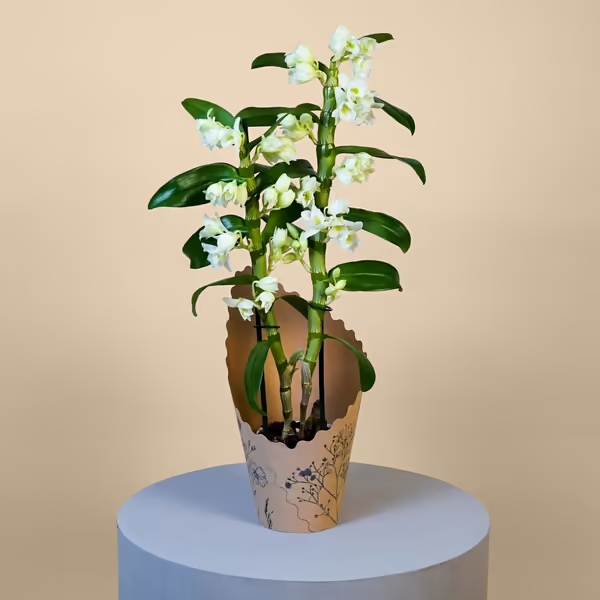Pet-friendly plants
Discover our pet-friendly plant collection and add green beauties to your home with a peace of mind.
Things our customers say
Flowers arrived on time, exactly what I ordered. Tracking was easy. Ordering for an older person was not complicated.
The ordering process was very easy, the flowers were delivered on time and were very well received
All good. Flowers arrived when expected.
Efficient service. My daughter was delighted with her flowers.
Decent flowers delivered quickly and were greatly appreciated!
The flowers which were a thankyou gift, arrived on time and were lovely but the packaging was very damaged and the Evri driver said that it was the second one that day from Seranata which had damaged packaging. Other than that, no complaints.
Pet Friendly Plants with Delivery
Popular Pet-friendly PlantsPopular Pet-friendly Plants
The following plants are generally considered pet-friendly: 1. Pink Anthurium 2. Indoor Palm 3. Pineapple Plant 4. Olive Tree 5. Coffee Plant 6. Cyclamen Plant 7. Phlebodium Plant 8. Orchids Keep in mind that ingesting any large amount will still cause harm to your furry buddy. In addition to cats and dogs, these pet-friendly plants are generally safe for other common household pets such as rabbits, guinea pigs, hamsters, and birds. By replacing toxic plants with pet-friendly alternatives, pet owners can create a safer environment for their furry friends while still enjoying the beauty of indoor greenery.
Gifting PlantsGifting Plants
If you're looking for a plant gift for someone who has pets, this collection has been specially selected to offer you safe gift options for any recipient. Choose from our collection of pet friendly plants and book your plant delivery in the UK in just a few clicks. All of our plant gifts are delivered securely packed in a box, and delivered by a speedy courier service available 7 days a week.
Questions about Pet Friendly Plants
The Sago Palm is considered toxic for pets but an alternative similar plant is Parlor Palm. Parlor palms are non-toxic to pets and feature delicate, feathery fronds. They are well-suited for indoor environments and can tolerate low light conditions.
Peace lily, pothos, philodendron are all popular plants that are not considered safe for pets.
If you suspect that your pet has either ingested or else came into contact with a toxic plant, it's advised to seek veterinary care immediately. Even if your pet is not showing symptoms yet, some toxic effects may not manifest immediately. Your veterinarian can provide guidance on the appropriate course of action, which may include inducing vomiting, administering supportive care, or other treatments depending on the situation.


